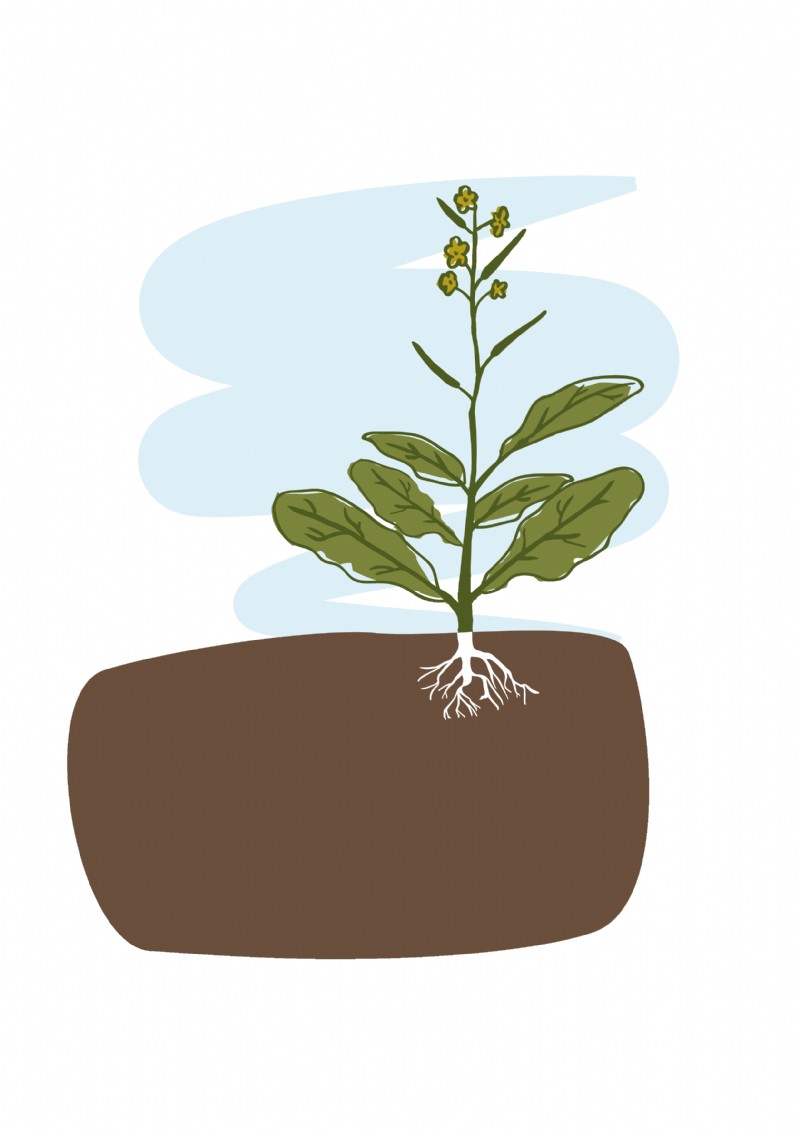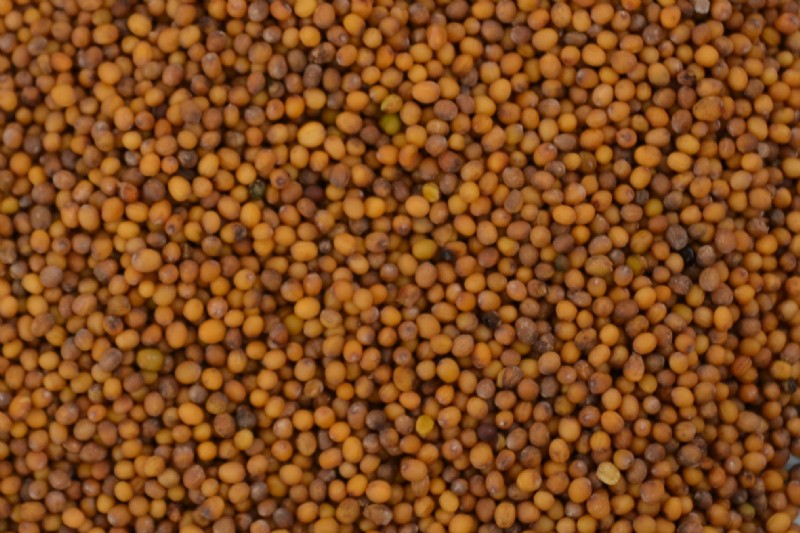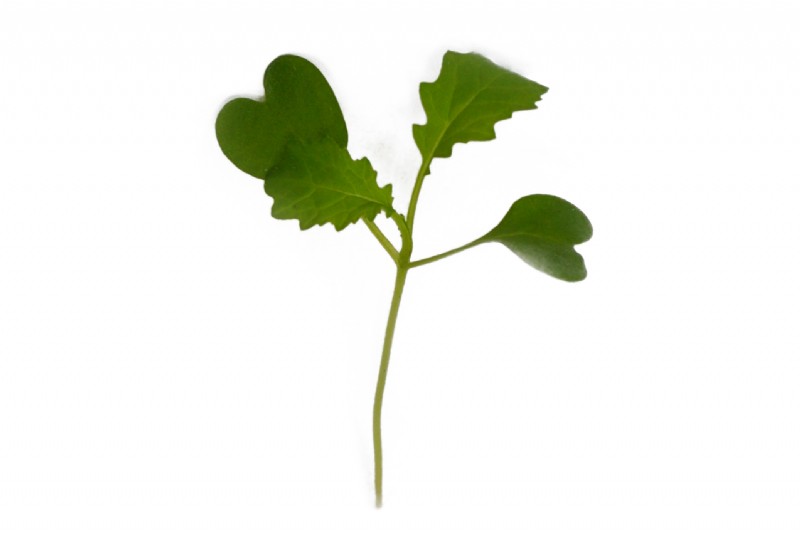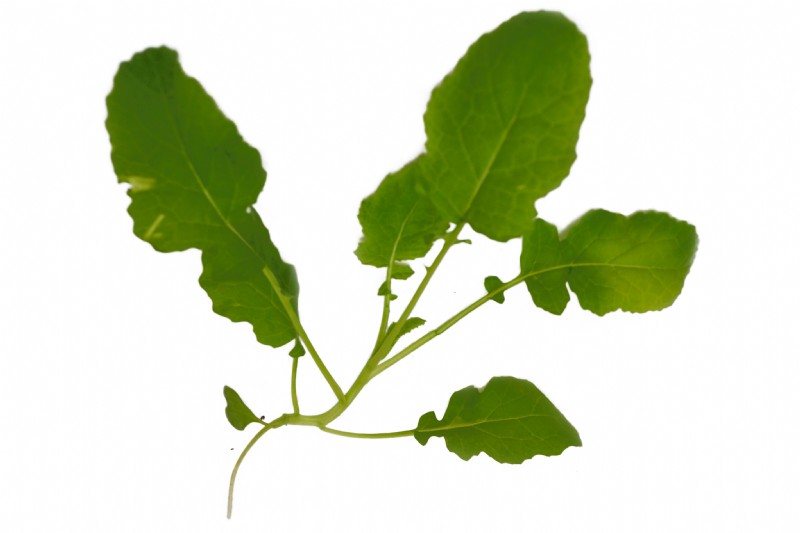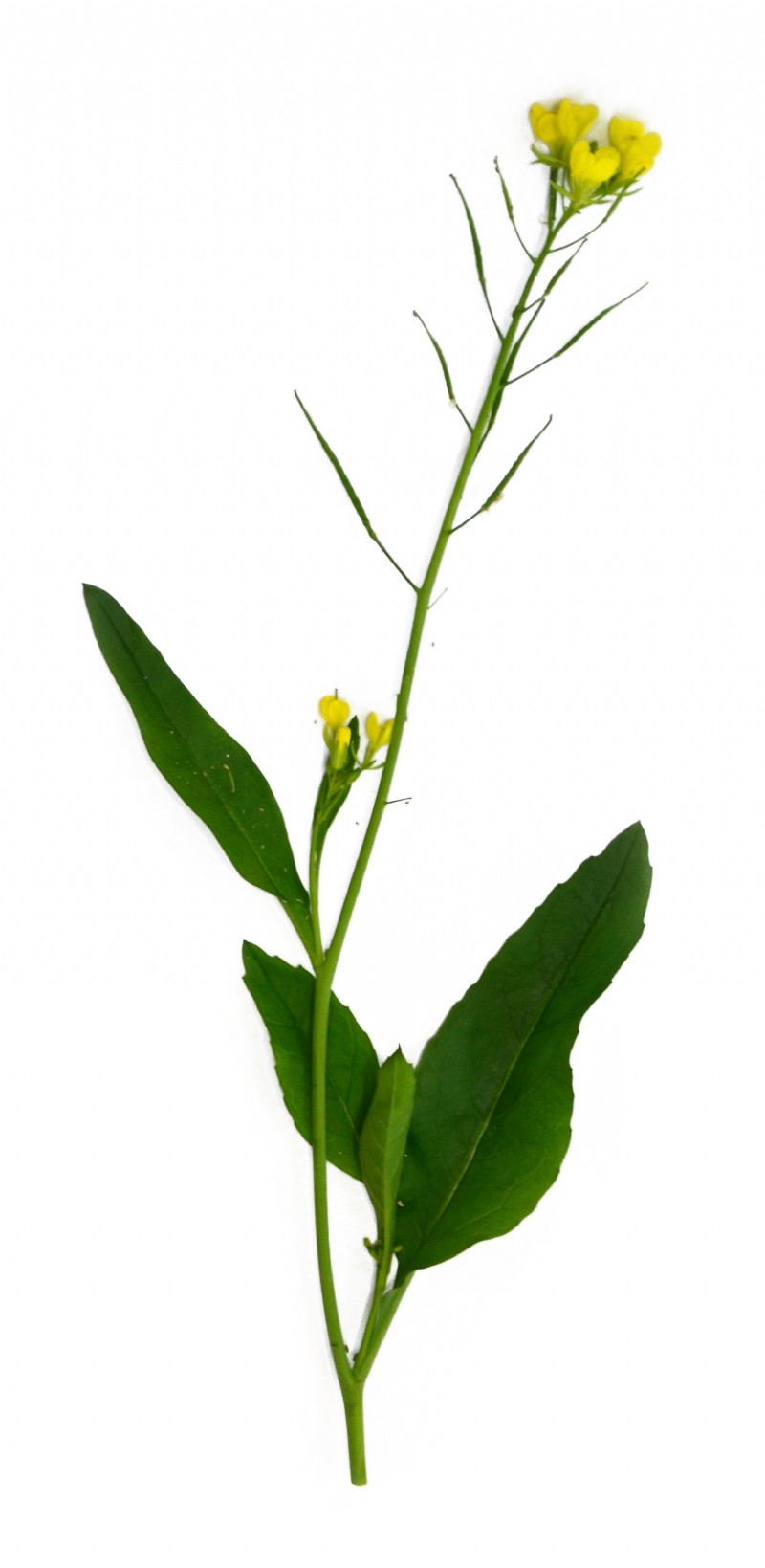Brown Mustard
This is a quick growing winter hardy brassica, sometimes known as Indian mustard. It has had more interest recently due to its ability to supress certain soil borne nematodes in high value cash crops like potatoes and sugar beet, it could potentially be an alternative way of dealing with pest without using artificial nematicides, using a technique called bio-fumigation.
Uses
Green manuring and soil improving cover crops.
Persistence
An annual species.
Strengths
A winter hardy mustard. It has shown a useful ability to break up soils that suffer from capping on or compaction just below the surface. Also the potential to reduce soil borne pests through bio-fumigation, due to its high glucosinalate content.
Frost Tolerance
Good frost tolerance.
Sowing Rate Advice
2 kg per acre / 5 kg per ha
A higher sowing rate will produce a denser stand with better weed smothering abilities.
Ideal Sowing Time
Sow from spring until early autumn.
Management
Cutting the plant during or just after flowering will normally terminate it.
Distinguishing characteristics
Seed
The seed is spherical in shape, with a brown to beige colour. It has a smooth, matt texture and is 2mm in length. Brown mustard is generally a smaller seed than white mustard.
Seedling
The seedling produces a pair of heart shaped, rounded cotyledons, with distinct notches or indentations at each end. The first true leaf has a toothed margin and waxy texture.
Flowering Plant
An upright, erect plant, dark green in colour.
It grows from a basal rosette, with obvious mid ribs along the centre of each leaf.
As it establishes the leaves grow alternatively along each stem. The lower leaves are deeply lobed, while the upper leaves are smaller.
The inflorescence is a distinct mustard yellow in colour.
It is a shallow rooting plant with dense lateral side roots.
Additional Info
Average seeds per kg - 667,000. Generally a more expensive seed than white mustard.
You can find Brown Mustard in the following mixtures


